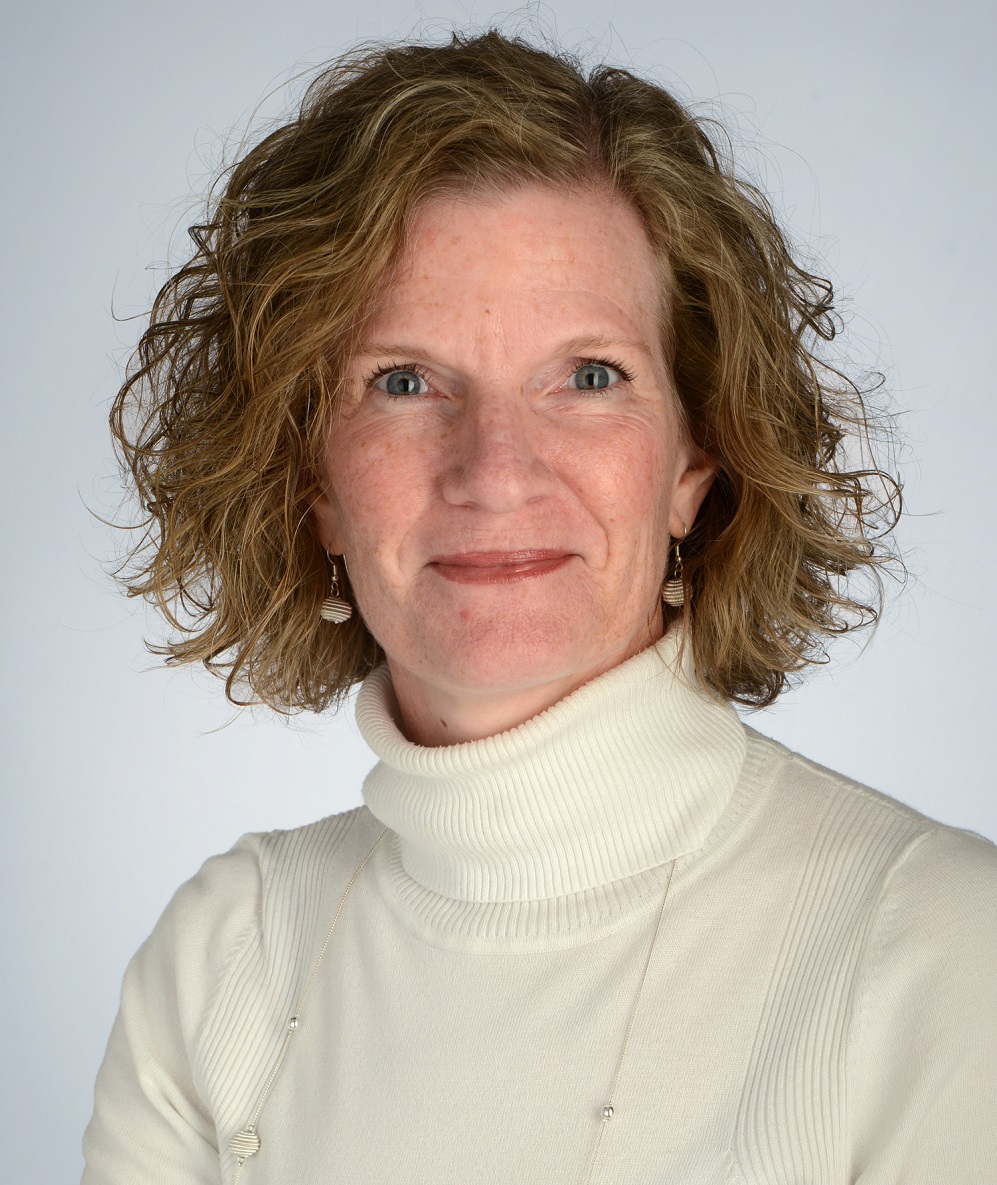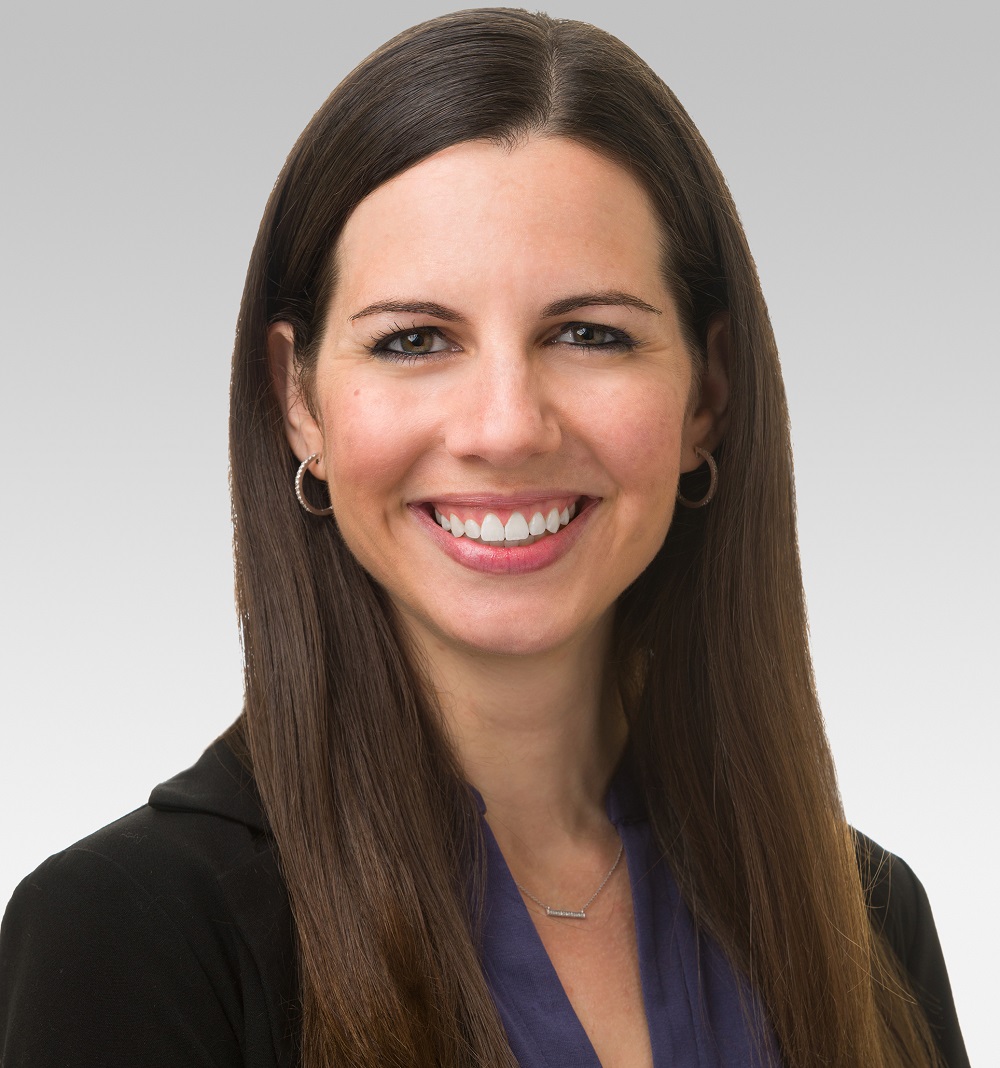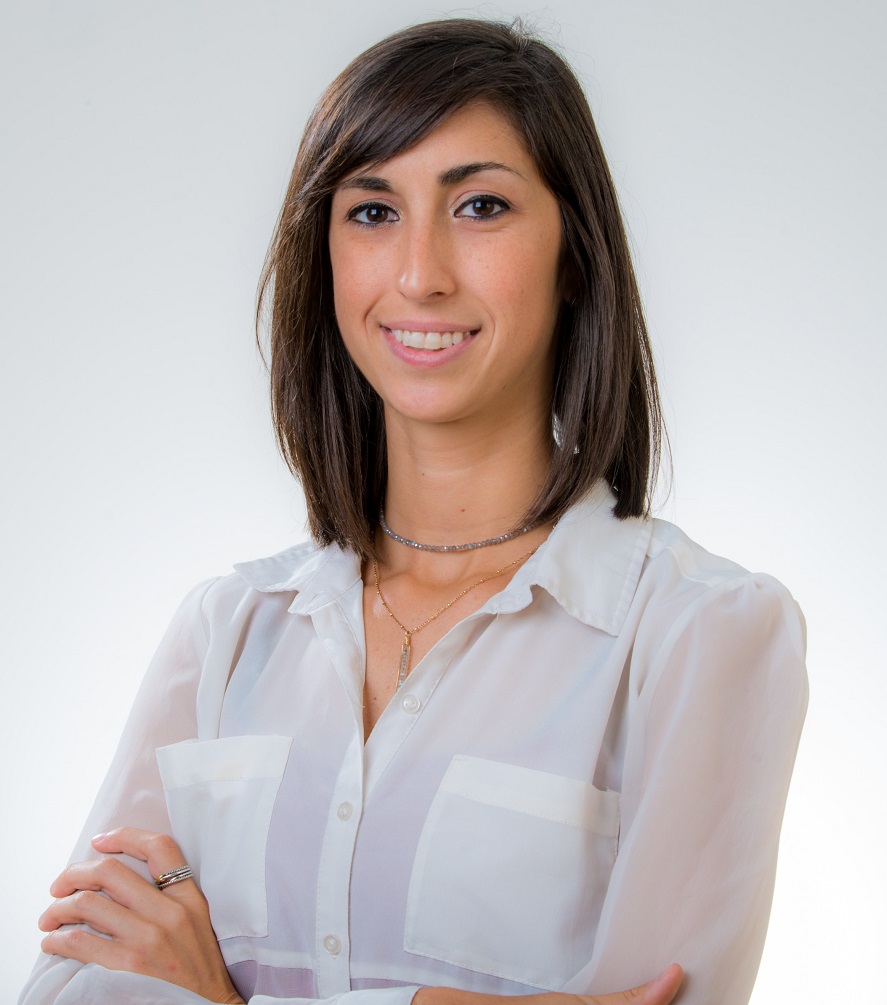
Winter 2018
mHealth Insights from Obesity and Eating Disorders Researchers
Kathryn Ross, PhD, MPH, Rebecca Krukowski, PhD, and Dara James, MS, Obesity and Eating Disorders SIG
 |
 |
 |
| Ann Davis, PhD, MPH, ABPP | Andrea Graham, PhD | Stephanie Goldstein, PhD |
The Obesity and Eating Disorders Special Interest Group (OED SIG) recently interviewed Stephanie Goldstein, postdoctoral fellow at Brown University; Andrea Graham, Assistant Professor at Northwestern University; and Ann Davis, Professor at University of Kansas Medical Center about their perspectives on integrating mobile health (mhealth) into interventions aimed at treating/preventing obesity and eating disorders. Given the increased popularity of mHealth interventions in behavioral medicine, these experts’ insights on integrating technology will be of interest to a broad range of researchers across SBM.
OED: A good deal of work is being done right now to integrate mHealth into behavioral interventions. What do you find most exciting?
Dr. Graham: mHealth increases our capacity to deliver services to large populations and to manage the health of defined populations in more precise ways.
Dr. Davis: Remote patient monitoring and actual mobile health – using technology to promote behavior change in the moment.
Dr. Goldstein: Simply adding technologies (e.g., fitness trackers, wireless scales, app-based food tracking) does not always necessitate improved behavior change over traditional methods; the mechanisms of action for technology-based interventions could be different from those of in-person programs.
OED: What are the biggest research gaps that you see this area right now?
Dr. Davis: The original apps that were coming out several years ago had absolutely no basis in science. This has improved over time, but there is still a gap between the technology experts and the content experts (SBM members)
Dr. Goldstein: There appears to be a major gap between what is possible to build and how quickly we can garner empirical support for the approach; MOST (Multiphase Optimization Strategy), SMART (Sequential, Multiple Assignment, Randomized Trials) and MRT (Micro-Randomized Trials) designs are helping to speed up the pace of our research to match that of developing technologies.
Dr. Graham: Digital tools often are not designed for the users/contexts in which they will be implemented, leading to limited reach and suboptimal engagement. Understanding from users what they want and how digital tools can fit into their lives will enhance the impact of our work.
OED SIG: From working in this area, what would you consider your biggest “lessons learned” or pitfalls to avoid?
Dr. Graham: The value of developing minimally-viable products. We sometimes focus too much on developing the most technologically advanced tools. We can move our science forward faster if we focus on learning what designs efficiently and effectively lead to behavior change, and then building more technologically advanced interventions from there.
Dr. Goldstein: Budgeting the appropriate amount of time/money for project start-up is incredibly important. As technology becomes more sophisticated, the cross-over between the “language” of behavior scientists and engineers is critical -- having a specific behavioral technologist on the project team can help. Lastly, be meticulous with finding errors/problems before starting data collection but also periodically check for errors in data throughout a project as technology can sometimes “break” without us knowing it.
OED SIG: What advice would you offer trainees who are trying to get started in OED mHealth research and development?
Dr. Goldstein: Your value will lie in your unique ability to integrate disciplines rather than having superior expertise in one particular type of technology (because that technology could become passé by the time you graduate).
Dr. Graham: Challenge yourself to collaborate on a mHealth project that sounds interesting even if it is outside the scope of your specific research area, from which you can apply what you learn to our field.